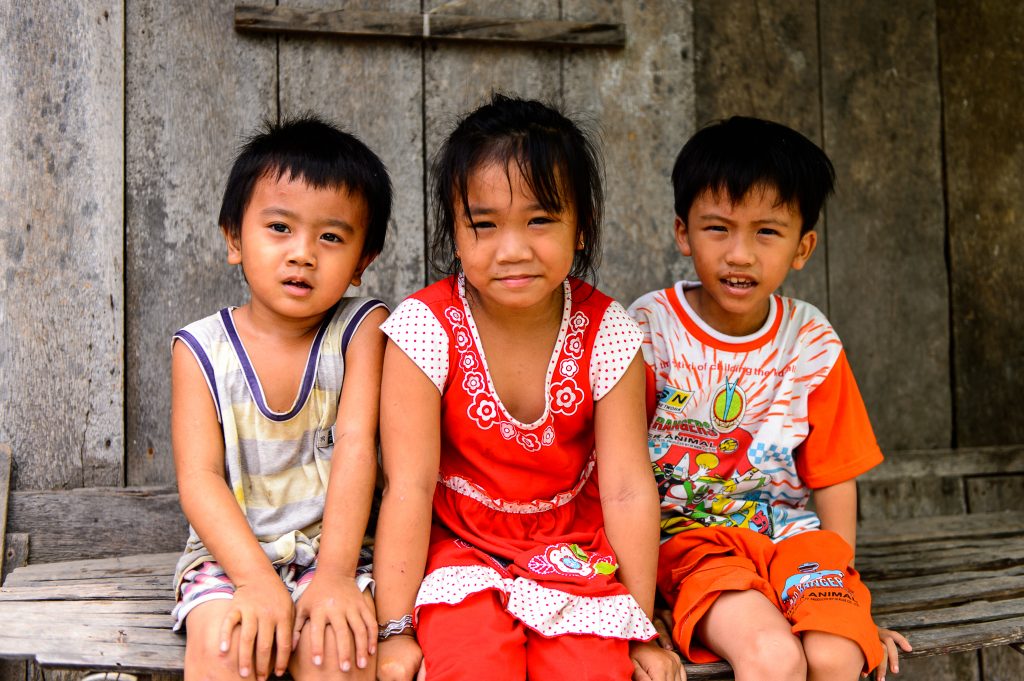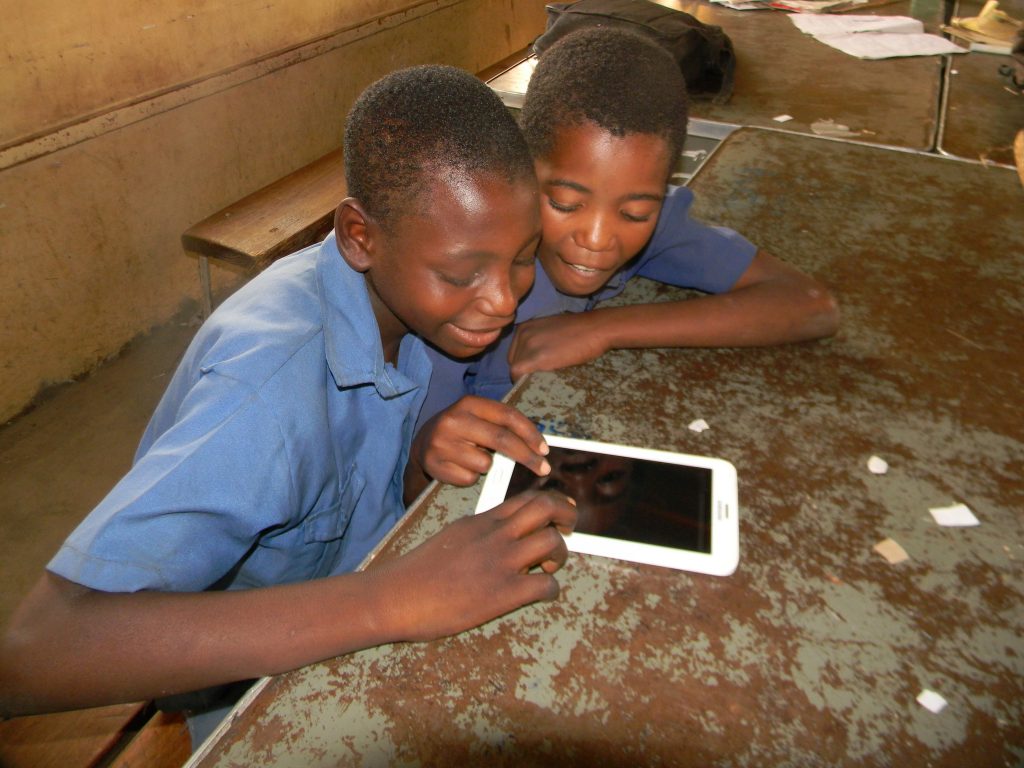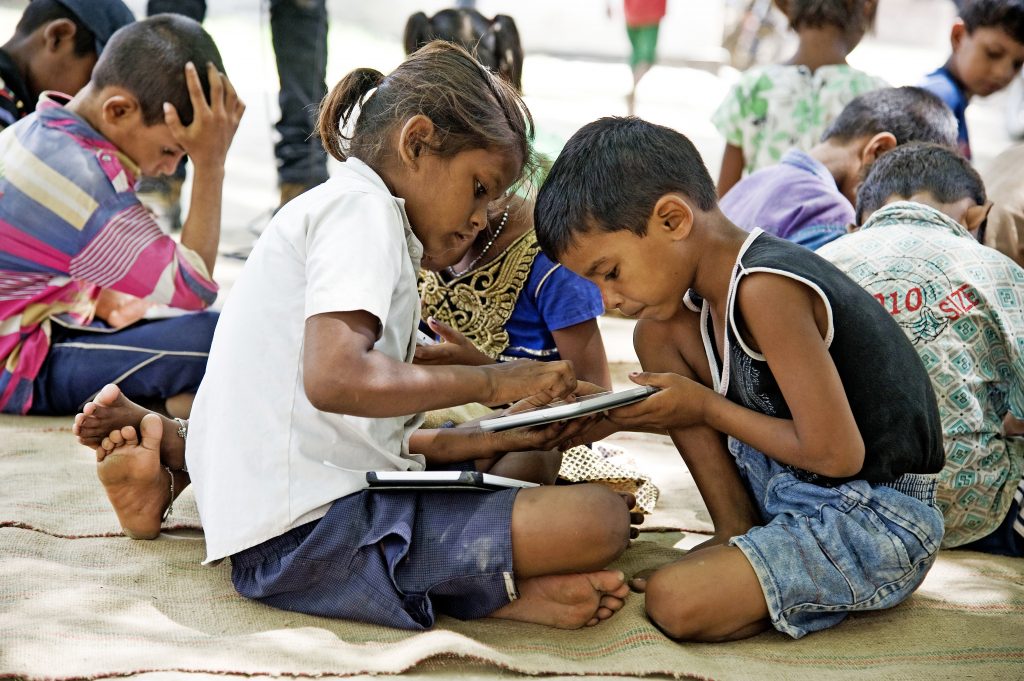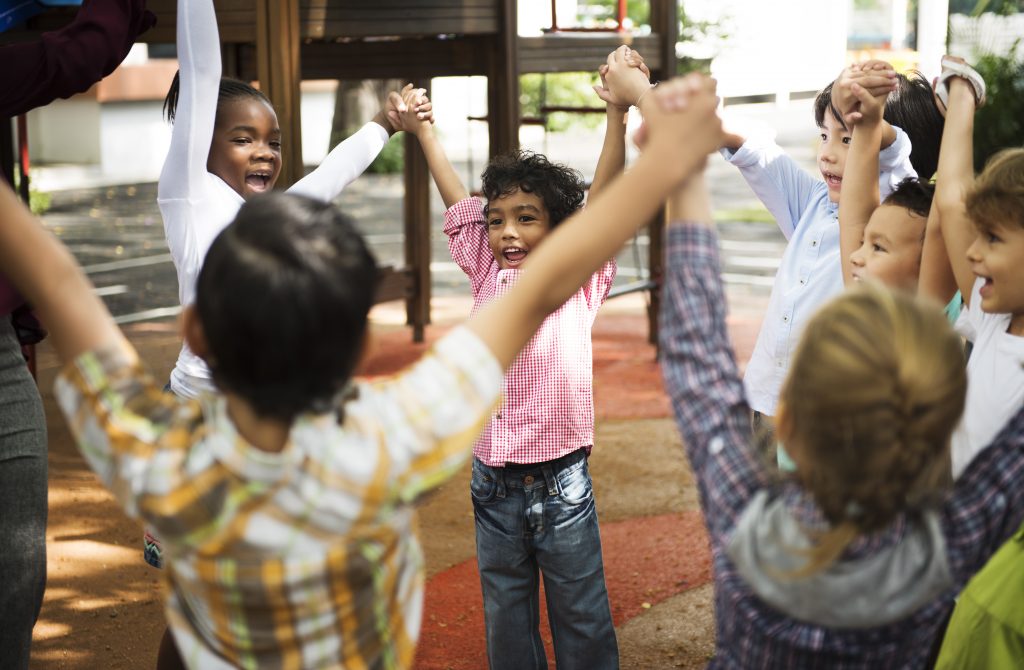While the long-term impact of COVID-19 on education will be dramatic, the future will be much more precarious if we do not focus on building systems for lifelong learning that safeguard quality and inclusiveness, writes Per Magnusson

The COVID-19 pandemic has unleashed an unprecedented global crisis affecting societies and communities in a multitude of ways for which few of us were prepared.
Closing schools has been part of the strategy to mitigate the spread of the novel coronavirus in almost all countries around the world. With a peak of 1.5 billion children out of school in April, the number is still estimated to be around 1.2 billion, or 70 per cent of total enrolled learners (13 May). Even if many countries have simultaneously introduced programmes to allow for continuity of learning and distance learning, in varying levels of digitalisation, we can be certain this will not compensate for the learning lost when schools and education institutions are up and running in ‘normal’ times.
The school closures will undoubtedly have long-term effects for both individuals and societies. We also know that school closures will have an even more intense impact for girls, especially from the poorest and most vulnerable groups because they are the ones most exposed to domestic violence and sexual harassment, including pregnancies and early marriages. Continue reading



